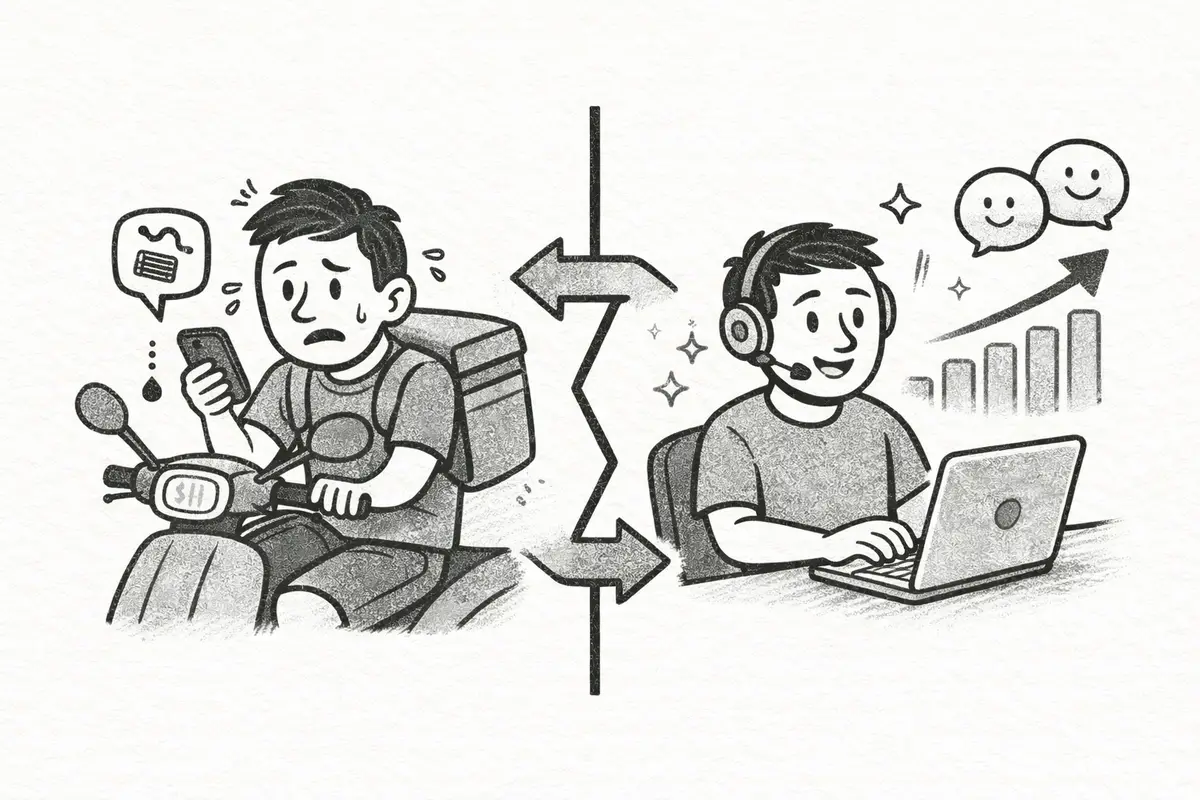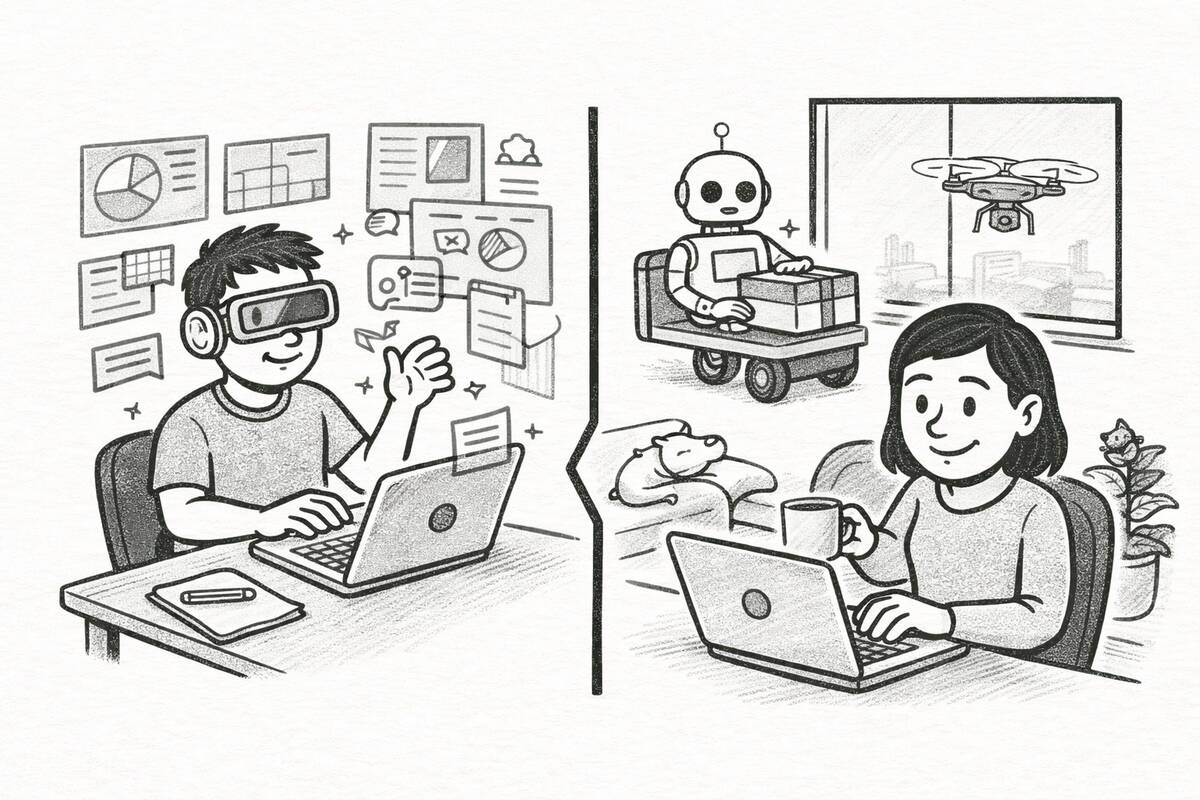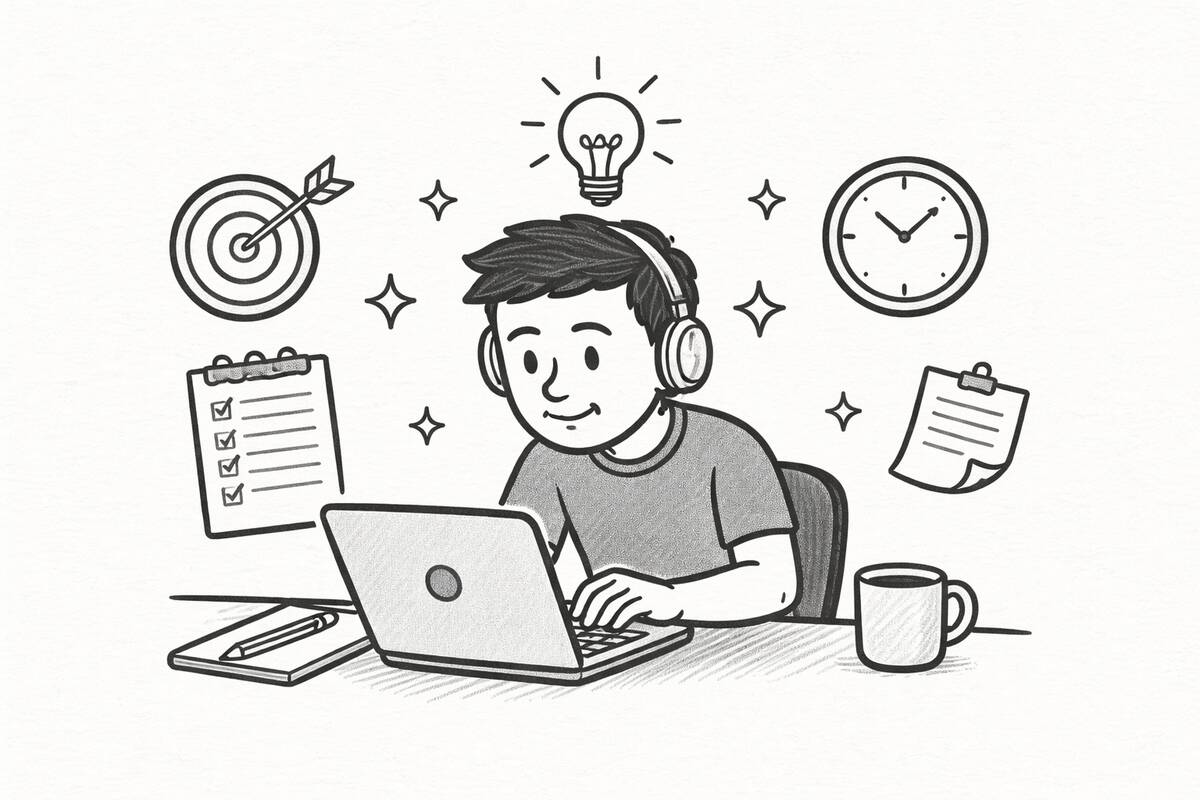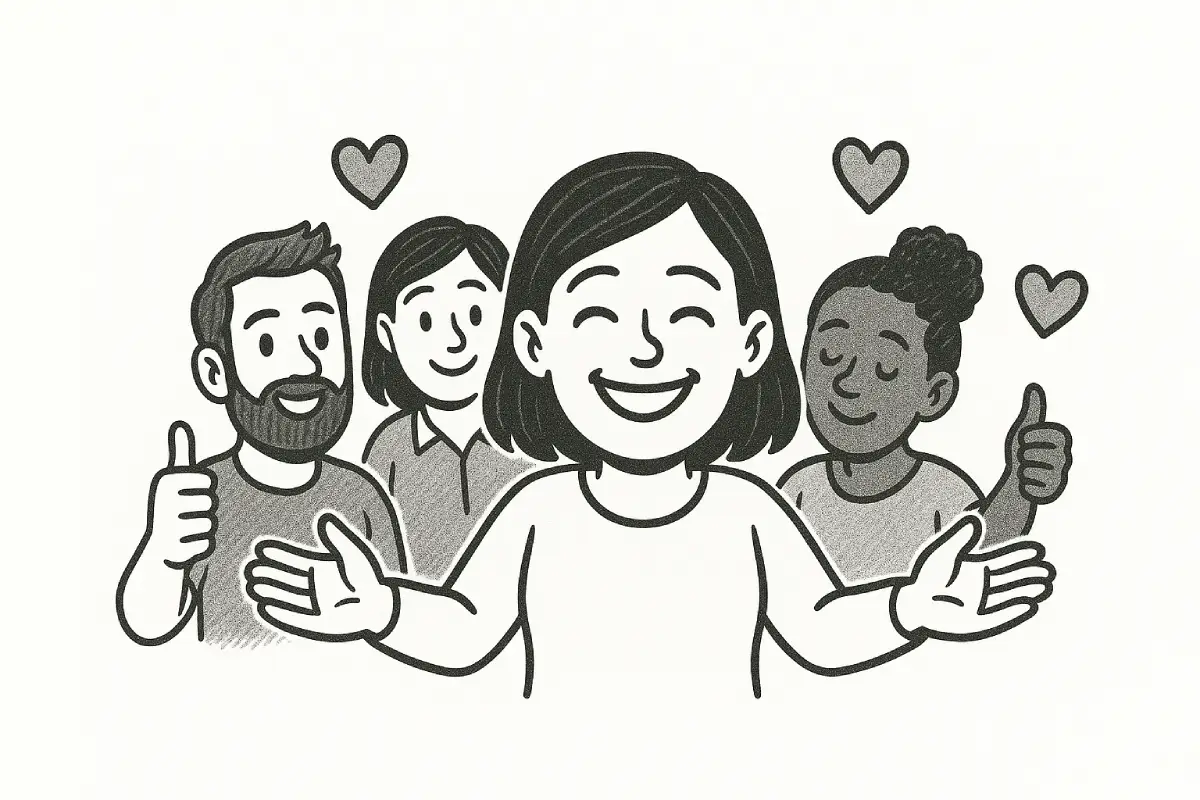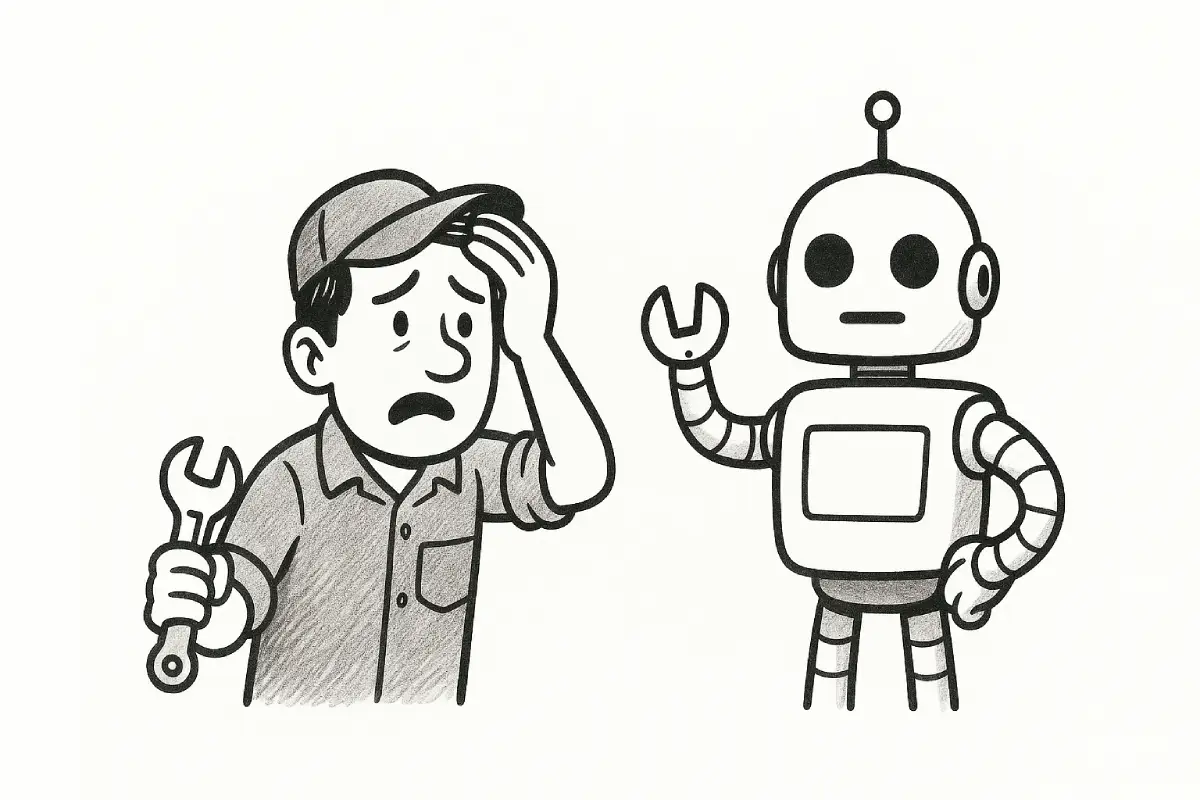Career development is a lifelong process of planning and managing your career trajectory. It involves developing skills, gaining experience, and making strategic career moves to achieve your goals. In today’s competitive job market, it’s more important than ever to have a plan in place for your career development. This article will provide a roadmap to help you set your course and navigate the phases of career development.
What is career development?
Career development refers to the ongoing process of managing and developing one’s career. It involves acquiring new skills and knowledge, seeking new opportunities for growth, and setting goals to advance in a chosen career. The process of career development is not linear and can involve taking steps forward as well as backward in order to learn and grow. Career development is a continuous process that can begin at any stage in one’s life, from entry-level positions to executive leadership roles.
Career development also involves assessing one’s interests, skills, and strengths, and identifying opportunities for personal and professional growth. It is important to have a clear understanding of one’s career goals and objectives in order to make informed decisions about career development opportunities. Career development also involves learning to adapt to new technologies and trends in one’s field, as well as identifying and pursuing opportunities for advancement. It is an ongoing process that requires commitment, self-reflection, and a willingness to take risks and try new things.
Why is career development important?
Career development is important for several reasons. Here are some of the most significant:
- Career development helps people find work that is meaningful and fulfilling. When individuals pursue a career that aligns with their interests, values, and strengths, they are more likely to experience job satisfaction and a sense of purpose.
- Career development provides opportunities for individuals to gain new skills, knowledge, and experiences. This can lead to promotions, salary increases, and expanded job responsibilities.
- As technology and other factors continue to rapidly change the job market, career development is essential for remaining relevant and competitive. By continually learning and growing, individuals can better adapt to changing job demands and stay ahead of the curve.
- Career development can also help individuals navigate transitions between different jobs and industries. With a strong foundation of skills and experience, individuals can more easily move between jobs and industries when needed.
- Finally, career development is important for economic stability. By investing in their career development, individuals can increase their earning potential and provide for themselves and their families over the long term.
In summary, career development is important for personal fulfillment, professional growth, adaptability, career mobility, and economic stability. By actively managing and developing their careers, individuals can increase their chances of success and satisfaction in both their personal and professional lives.

Phases of career development
Career development can be viewed as a series of phases that individuals go through as they progress in their careers. While everyone’s career path is unique, these phases can be helpful for understanding the overall trajectory of career development. Here are the typical phases of career development:
Exploration
In this phase, individuals are typically in the early stages of their careers or are considering a career change. They are exploring their interests, strengths, and values, and may be researching different career paths to see what aligns with their goals.
Establishment
Once individuals have identified a career path they are interested in, they enter the establishment phase. In this phase, they are focused on building their skills and gaining experience in their chosen field. This may involve pursuing education or training, building relationships with mentors and colleagues, and taking on new responsibilities at work.
Mid-career
After several years of experience, individuals typically enter the mid-career phase. In this phase, they have established themselves in their chosen field and may be looking for opportunities to take on leadership roles or expand their professional networks. They may also be evaluating their long-term career goals and considering what steps they need to take to achieve them.
Late career
In the late career phase, individuals are typically nearing retirement age and are focused on preparing for the next phase of their lives. This may involve mentoring younger colleagues, transitioning to part-time or consulting work, or planning for a retirement that allows them to pursue other interests.
It’s important to note that these phases are not always linear, and individuals may move back and forth between them as their career goals and priorities change. By understanding these phases, however, individuals can gain a better understanding of their career development and what steps they need to take to continue moving forward.
10 ways to develop your career
There are several ways to develop your career and achieve your professional goals. Here are ten tips to help you get started:
- Set goals. Identify your short-term and long-term career goals and create a plan to achieve them.
- Network. Build a professional network by attending industry events, joining professional organizations, and connecting with colleagues.
- Seek mentorship. Find a mentor who can offer guidance and support as you navigate your career.
- Develop new skills. Stay current by learning new skills and taking courses to expand your knowledge.
- Embrace challenges. Take on new challenges and push yourself out of your comfort zone to grow and develop.
- Seek feedback. Solicit feedback from colleagues and supervisors to identify areas for improvement and opportunities for growth.
- Take on leadership roles. Seek out leadership opportunities to develop your management and communication skills.
- Build your brand. Develop your personal brand by creating a strong online presence and sharing your expertise through blogging and public speaking.
- Pursue continuing education. Invest in your education by pursuing advanced degrees or certifications to advance your career.
- Stay adaptable. Be prepared to adapt to changing circumstances and emerging technologies to remain relevant in a rapidly changing job market.
Conclusion
Career development is a continuous process that requires self-reflection, learning, and adaptation. By setting goals, building a network, seeking mentorship, developing new skills, and staying adaptable, you can achieve your professional goals and navigate the phases of career development. With a clear roadmap for your career development, you can take control of your professional life and achieve the success you desire.
You might also like: Is the Gig Economy Dying or Evolving?


